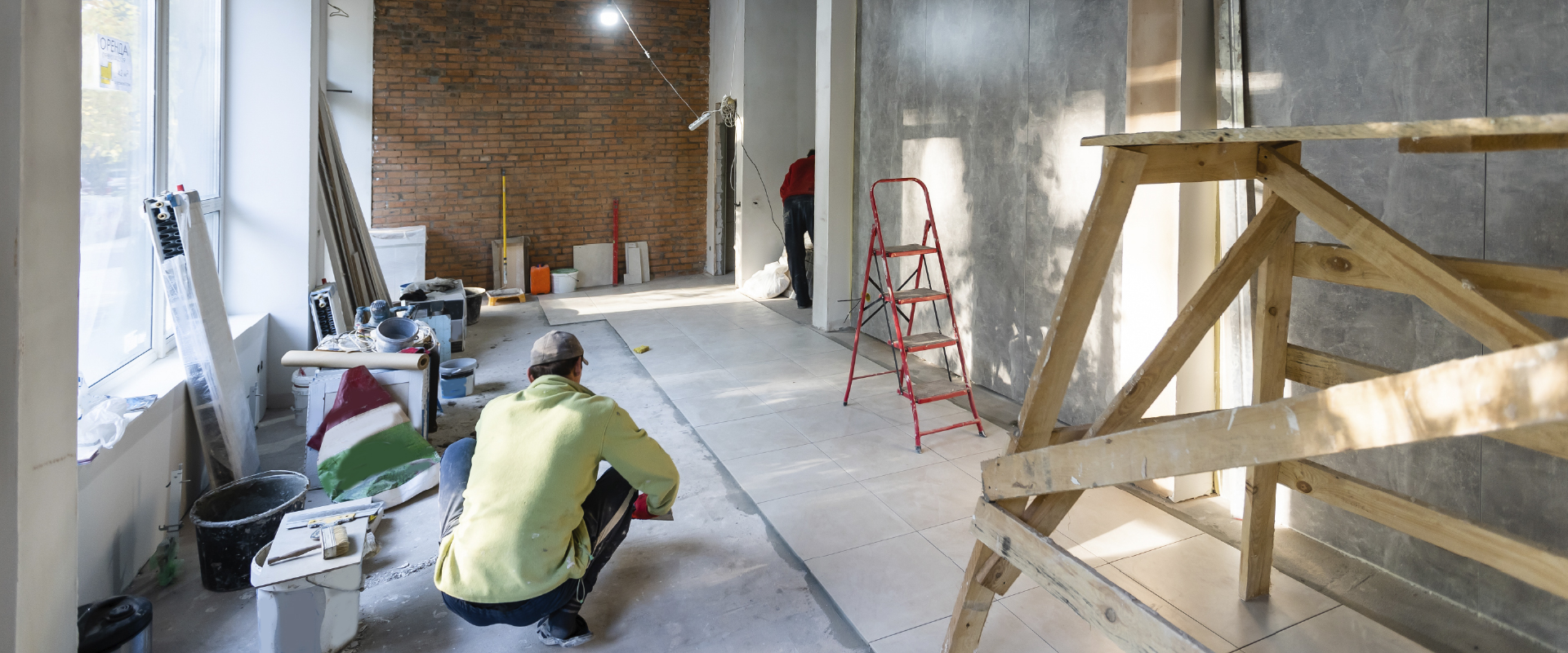The homes of the future are more than just places to live – they are interactive, eco-friendly spaces that adapt to our evolving lifestyles. At CRUSA Construction and Restoration, we’re all about looking forward. As a nationwide restoration provider, we’ve seen it all and have kept our eyes on the horizon, watching for the trends that will define the future of residential remodeling.
A Shift Towards
Energy Efficiency
There’s a strong push towards making homes more energy-efficient. As homeowners become more conscious of their carbon footprints and utility bills, the need for energy efficiency in home remodeling projects is growing. From installing solar panels to opting for high-efficiency appliances, there’s an increasing demand for sustainable solutions in our homes.
The Rise of the
Interior Designer
As homeowners continue to seek unique ways to express their personal style and optimize space, the role of the interior designer is becoming increasingly important. An interior designer can provide creative, efficient design solutions that are tailored to the needs of each homeowner. This trend is expected to continue in the future, as more and more homeowners seek the expertise of design professionals.
Multigenerational Homes
and In-law Suites
As our society evolves, so do our living arrangements. Multigenerational homes and in-law suites have become increasingly popular as they provide a practical solution for families who wish to live together while maintaining a level of privacy and independence. This type of home design involves creating spaces that cater to the needs of multiple generations under the same roof.
An in-law suite, for example, typically includes a private bedroom, bathroom, kitchenette, and living area, offering a comfortable and autonomous space for elderly parents or adult children. This arrangement not only fosters familial bonds but can also provide significant financial and caregiving benefits.
Green Building Materials
and Technologies
The future of construction lies in sustainability, and this is increasingly evident in the rise of green building materials and technologies. From reclaimed wood and recycled metal to solar panels and energy-efficient HVAC systems, these environmentally-friendly alternatives not only reduce a home’s carbon footprint but can also lead to significant energy savings.
Moreover, advancements in technology have led to the development of innovative solutions like smart thermostats, LED lighting, and low-flow water fixtures that contribute to a more sustainable home. As consumers become more conscious of their environmental impact, the demand for green building materials and technologies is expected to continue to rise.
Affordability and
the Housing Market
With the housing market becoming increasingly competitive, more homeowners are choosing to remodel rather than relocate. Affordability issues, coupled with a desire to customize existing homes, are driving this trend. In the future, we anticipate a continued surge in home renovation spending.
Incorporating
Technology
Technology is transforming every industry, and home remodeling is no exception. From digital closing providers to the integration of smart appliances, technology is changing the way we live and the way we think about our homes.
Final
Thoughts
The future of home remodeling looks bright, innovative, and exciting! At CRUSA Construction and Restoration, we’re committed to staying at the forefront of these trends, providing our clients with the best possible service as we help them create their dream homes.
Ready to start your residential remodeling project? Contact us today to get started with your project.
Frequently Asked Questions
Several factors are driving the future of home remodeling, including advancements in technology, a desire for energy efficiency, and evolving homeowner needs and tastes.
Homeowners are increasingly looking for ways to reduce their carbon footprint and save on energy costs. This is leading to a greater demand for energy-efficient appliances, sustainable materials, and design solutions that optimize natural light and heat.
Interior designers play a crucial role in home remodeling. They help homeowners create spaces that are not only aesthetically pleasing but also functional and suited to their individual needs.
As home prices continue to rise, many homeowners are choosing to renovate rather than relocate. This is leading to an increase in home improvement projects and is expected to drive future trends in the industry.
Technology is being incorporated into home remodeling in several ways. This includes the use of smart appliances and home systems, virtual reality for design and planning, and digital platforms for project management and collaboration.






